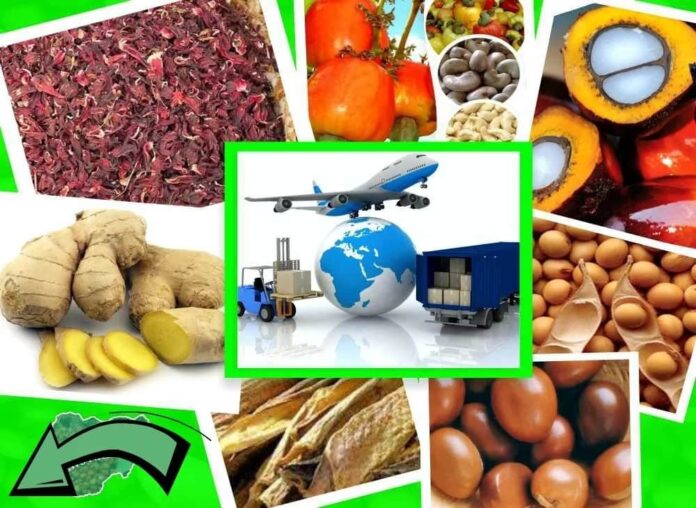Nigeria’s agriculture attracts less investment as insecurity hampers farming
By Jeph Ajobaju, Chief Copy Editor
Foreign capital inflow to the agricultural sector dipped 37.9 per cent year-on-year (YoY) in half year ended June 2022 (H1 2022), according to the latest report released by the National Bureau of Statistics (NBS).
Heightened insecurity across the country has restricted access to farms and sacked many farming communities, making investment in the sector unattractive.
NBS Foreign Capital Importation report for H1 2022 shows foreign capital inflow to agriculture dropped to $59.17 million in H1 2022 from $95.1 million in H1 2021.
The share of agriculture in total capital inflow declined to 1.9 per cent in H1 2022 from 3.4 per cent in H1 2021.
Farmers blame insecurity and poor funding for the slow growth of agriculture and want the government to address the twin problems in order to scale up productivity and attract more investment into the sector, according to Vanguard.
“When this administration came in 2015, one of its promises was to diversify Nigeria’s oil-dominated economy by investing heavily in agriculture and encouraging farming,” said Nigeria Association of Small and Medium Enterprises (NASME) Chairman Adams Olu-Adebayo.
“The incoming government should focus on security of lives and properties and concentrate on food production by revamping the economy through a Public-Private Partnership.”
__________________________________________________________________
Related articles:
Agricultural imports rise 10% to N512.91b
Abuja expresses concern over 19m hungry adults, 2m malnourished children
Nigeria’s excessive taxation driving food and beverage factories to neighbouring countries
__________________________________________________________________
Household welfare diminishes as food imports rise 71%
Household food and beverage imports rose 71.12 per cent between the third quarter of 2018 (Q3 2018) and Q3 2022, gleaned from Foreign Trade Statistics report of the NBS.
The imports were classified into primary and processed foods for households.
Primary food and beverage imports cost N84.84 billion in Q3 2018 and processed foods N77.41 billion; a total N162.25billion.
Primary food and beverage imports consumed N153.82 billion in Q3 2022 and processed foods N123.82billion; a total N277.64 billion.
The International Monetary Fund (IMF) has warned the food crisis ravaging Nigeria and other Sub-Saharan African (SSA) countries is exacerbated by over-reliance on imported foods.
A report by the IMF titled, “Africa Food Prices Are Soaring Amid High Import Reliance”, said staple food prices in SSA surged an average 23.9 per cent from 2020 to 2022 – the most since the 2008 global financial crisis.
The report noted the increase was commensurate with an 8.5 per cent rise in the cost of a typical food consumption basket (beyond generalised price increases).
Global factors were partly to blame because of the region’s imports of top staple foods, and the pass-through from global to local food prices was significant.
In Nigeria, the prices of both cassava and maize more than doubled, even though they were mainly produced locally.
“We estimate that a 1 per cent increase in the consumption share of a staple food raises the local price by an average 0.7 per cent. The effect is even bigger when a staple is mostly imported, raising the price by about 1.2 per cent.”















